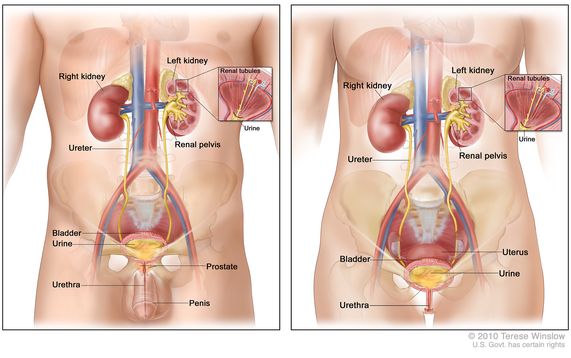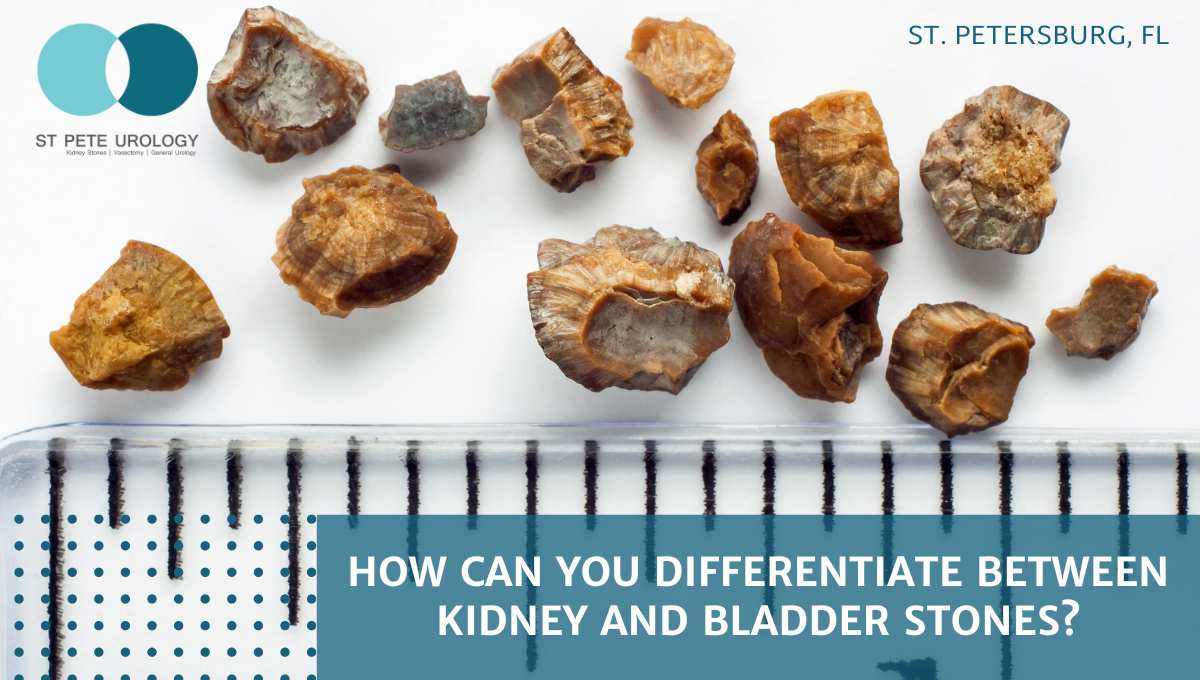Comprehensive Overview to Kidney Stones vs UTI: Medical Diagnosis, Creates, and Relief
Comprehensive Overview to Kidney Stones vs UTI: Medical Diagnosis, Creates, and Relief
Blog Article
Checking Out the Effects and Causes of Kidney Stones in Comparison to Urinary System System Infections: A Comprehensive Overview
The expedition of kidney rocks and urinary system system infections (UTIs) discloses an intricate interaction of signs and symptoms and underlying causes that warrant careful evaluation. What are the essential differences in their signs, and exactly how might these educate therapy approaches?
Overview of Kidney Stones
Kidney rocks, additionally referred to as kidney calculi, kind when specific compounds in the urine crystallize and aggregate, causing the growth of difficult deposits within the kidneys. These stones can vary in dimension, varying from a grain of sand to a golf sphere, and can be composed of various materials, one of the most usual being calcium oxalate, uric acid, struvite, and cystine. The formation of kidney rocks is influenced by several factors, consisting of nutritional routines, fluid intake, and hereditary tendency.
Signs of kidney stones might consist of serious pain in the back or side, blood in the pee, queasiness, and regular urination, specifically as the rock moves through the urinary system tract. Diagnosis commonly entails imaging research studies such as ultrasound or CT scans, alongside urinalysis to recognize the rock's composition.
Therapy choices vary based upon the size and kind of stone, as well as the extent of signs (Kidney Stones vs UTI). Small rocks may pass normally with enhanced liquid intake, while bigger stones might need medical treatments such as lithotripsy or surgical elimination. Understanding the pathophysiology and threat elements linked with kidney stones is essential for efficient prevention and administration
Overview of Urinary System System Infections
Urinary system infections (UTIs) are common microbial infections that affect any type of part of the urinary system, including the kidneys, ureters, bladder, and urethra. They mostly happen when microorganisms, typically from the stomach tract, go into the urinary system, leading to inflammation and infection. UTIs are classified right into two primary kinds: uncomplicated and challenging. Straightforward UTIs generally happen in healthy and balanced individuals with typical urinary system systems, while complicated UTIs may develop in people with underlying conditions, such as structural problems or endangered immune systems.
The prevalence of UTIs is significantly higher in ladies than guys, mostly as a result of physiological distinctions, such as a shorter urethra. Risk factors include sex, specific contraceptive techniques, urinary retention, and dehydration. The diagnosis of UTIs is normally verified with pee tests, which may expose the existence of bacteria, white blood cells, or red blood cells.

Signs of Kidney Stones
The discomfort connected with kidney rocks can materialize in various ways, usually leading people to seek medical focus. Among the most usual signs and symptoms is serious pain, typically local in the lower back or side, which might emit to the abdomen or groin. This discomfort, commonly referred to as sharp or cramping, can occur instantly and might vary in strength.
Furthermore, individuals might experience hematuria, or blood in the urine, which can range from tiny total up to noticeable discoloration. This symptom might be accompanied by adjustments in urinary habits, such as boosted frequency or necessity, as well as pain throughout peeing. Queasiness and vomiting are additionally common, typically arising from the body's reaction to extreme pain.
Sometimes, individuals may experience high temperature and cools, you can try this out particularly if a second infection develops because of the blockage created by the stones. In general, the mix of extreme pain, hematuria, modified urinary system patterns, and stomach symptoms can offer considerable understanding right into the presence of kidney stones, calling for punctual clinical evaluation and intervention. Comprehending these signs is critical for prompt diagnosis and effective administration of the condition.
Signs of Urinary System System Infections
Infections within the urinary system system usually offer a series of distinctive symptoms that can considerably affect life. The most typical signs include a consistent desire to urinate, typically gone along with by a burning feeling during urination, called dysuria. Individuals might additionally experience raised regularity of peeing, creating little amounts of urine each time.
Various other remarkable signs and symptoms consist of reeky or cloudy urine, which might show the existence of germs or pus. In some cases, pee might show up red or pink due to the visibility of blood, a problem referred to as hematuria. Additionally, people might experience pelvic discomfort or pressure, which can better worsen the feeling of urgency.
Systemic signs and symptoms might also show up, such as high temperature, chills, and exhaustion, particularly if the infection has risen to the kidneys. It is necessary to acknowledge these symptoms early, as unattended urinary tract infections can cause much more severe issues. Kidney Stones vs UTI. Prompt clinical interest is advised when these signs are observed, enabling ideal diagnostic analysis and treatment to alleviate pain and prevent additional health problems
Sources Of Each Condition
Regularly, kidney stones and urinary system tract infections develop from distinct yet often overlapping causes that can impact people differently. Kidney rocks generally develop due to metabolic elements, nutritional choices, and hereditary proneness. Increased levels of calcium, oxalate, or uric acid in the pee can lead to stone development. Dehydration, not enough fluid intake, and high-sodium diet regimens can intensify these problems, promoting crystallization within the urinary system system.

Understanding these unique causes is crucial for prevention and treatment. Kidney Stones vs UTI. While way of life modifications might mitigate the check danger of kidney rocks, appropriate hygiene and timely treatment of urinary tract infections are vital for decreasing their recurrence and connected problems
Conclusion
In summary, kidney stones and urinary tract infections present distinct symptoms and underlying reasons. Kidney rocks are identified by severe pain and metabolic elements, while urinary system system infections primarily include microbial infections leading to urinary system seriousness and pain.
The expedition of kidney stones and urinary system system infections (UTIs) discloses a complicated interplay of signs and underlying causes that necessitate cautious exam.Urinary tract infections (UTIs) are usual bacterial infections that impact any component of the urinary system, including the kidneys, ureters, bladder, and urethra.Frequently, kidney stones and urinary system system infections arise from unique yet occasionally overlapping reasons that can impact people in a different way.In recap, kidney stones and urinary system tract infections existing distinctive signs and underlying causes. Kidney rocks are defined by severe discomfort and metabolic factors, while urinary tract infections mostly entail microbial infections leading to urinary urgency and discomfort.
Report this page